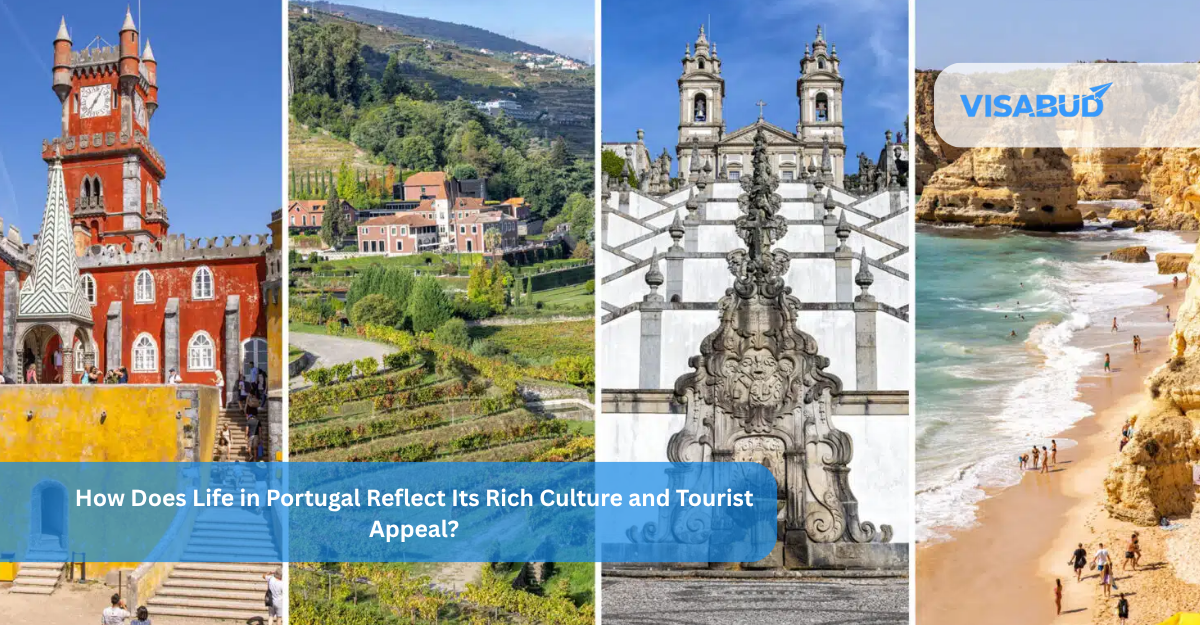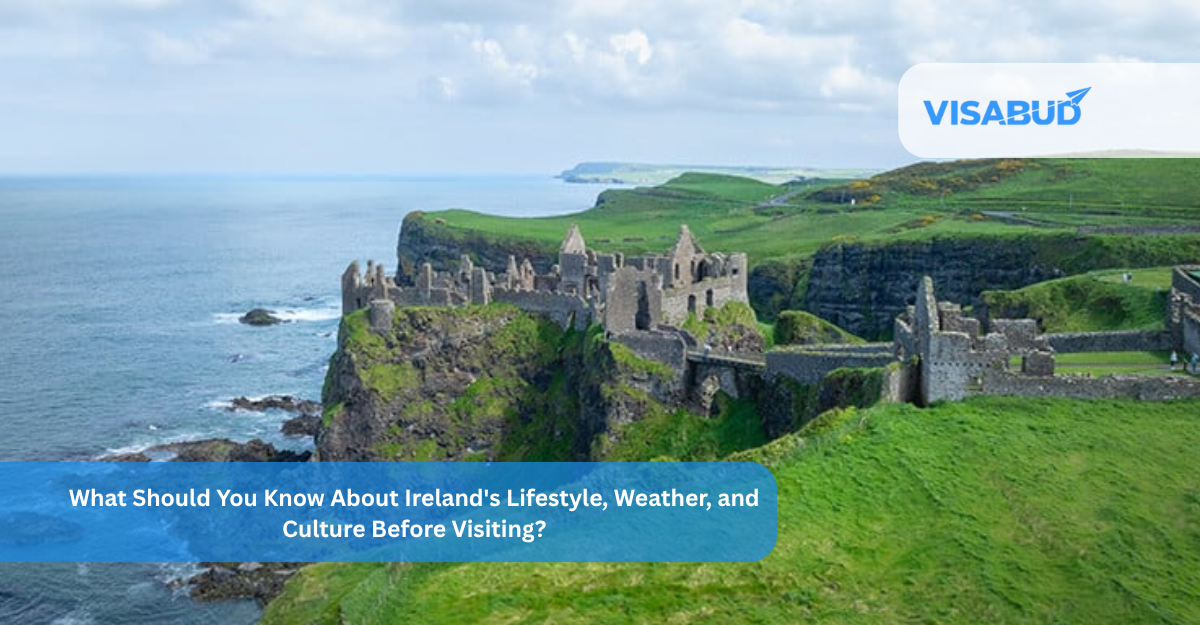United Kingdom Travel Guide: All you need to know to visit United Kingdom in 2025
Welcome to United Kingdom
United Kingdom
The (UK) is a sovereign nation in northwestern Europe, consisting of four constituent countries: England, Scotland, Wales, and Northern Ireland. The UK is a constitutional monarchy with a parliamentary democracy and a head of state, currently Queen Elizabeth II.
Geography
The United Kingdom (UK) is located in northwestern Europe and comprises four countries: England, Scotland, Wales, and Northern Ireland. The UK is considered an island surrounded by the North Sea to the east, the English Channel to the south, and the Atlantic Ocean to the west and north. The country has a diverse landscape: rolling hills and agricultural land in the south and east, rugged coastlines and mountains in Scotland and Wales, and moors and forests in Northern Ireland. The UK has a mild and damp climate due to its proximity to the Atlantic Ocean, with temperatures rarely dropping below freezing in the winter or rising above 30°C in the summer. The country is also known for its abundant rainfall, distributed relatively evenly throughout the year.
Climate
The United Kingdom (UK) has a temperate maritime climate characterized by mild temperatures, abundant rainfall, and changeable weather conditions. The country’s location in the path of the North Atlantic Jet Stream means that weather patterns can change quickly, with sunny spells often followed by showers or periods of overcast weather. The UK experiences four distinct seasons, with temperatures rarely dropping below freezing in the winter or rising above 30°C in the summer. The south and east of England are generally drier and warmer than the north and west, which experience more rain and cooler temperatures. The UK’s weather can be unpredictable, and severe weather events such as storms and flooding can occur, particularly during winter.
Economy
The United Kingdom (UK) has a diverse and highly developed economy, with a gross domestic product (GDP) of over $3 trillion in 2021. The country’s economy is primarily based on the service sector, which accounts for around 80% of GDP and includes industries such as finance, insurance, and business services. The manufacturing sector also plays a vital role in the UK economy, particularly in aerospace, pharmaceuticals, and automotive production. The UK is a member of the European Union, but its decision to leave the bloc in 2020 has created uncertainty for its economy. However, the country has strong international trade links and is a major exporter of goods and services, particularly to the United States and European countries. The UK has a highly skilled workforce focusing on education, research, and development. Despite these strengths, the country faces challenges such as income inequality, regional disparities, and productivity gaps between different sectors of the economy.
Culture
The UK has a diverse cultural heritage shaped by its history, geography, and multicultural society. The country is known for its contributions to literature, art, music, and fashion and has produced some of the world’s most famous writers, musicians, and artists. The UK is also renowned for sports, particularly football (soccer), rugby, and cricket. The country has a strong theater tradition, with the West End in London being a world-renowned hub for live performances. The UK is also home to numerous museums, galleries, and cultural institutions, including the British Museum, the National Gallery, and the Tate Modern. The country celebrates countless cultural events and festivals, including Bonfire Night, St. Patrick’s Day, and the Edinburgh Festival Fringe. The UK’s diverse population has also contributed to a rich culinary scene, with a wide range of international cuisine available throughout the country.
Population
The United Kingdom (UK) has a population of over 66 million people, making it the fifth-largest economy in the world. The country has a diverse population, with a mix of ethnicities and cultures and a relatively high rate of immigration. The largest ethnic group in the UK is White British, followed by Indian, Pakistani, and Black British. English is widely spoken, but many other languages are spoken, particularly in urban areas. The UK has a high standard of living, a well-developed healthcare system, free education up to 18, and a robust social welfare system. The population is predominantly urban, with most people living in cities and towns, particularly in London and southeast England. The UK faces challenges related to an aging population, low birth rates, and immigration policy, which will likely shape the country’s demographics and population dynamics in the coming years.
Religion
The United Kingdom (UK) is a largely secular country with no official state religion. However, Christianity, particularly the Church of England, has historically been the dominant religion, and the monarch is also the head of the Church of England. Other Christian denominations, such as the Roman Catholic Church and the Church of Scotland, also have significant followings. In recent years, the UK has become increasingly diverse, with a growing Muslim population and substantial numbers of Hindus, Sikhs, Buddhists, and followers of other religions. The country has a long tradition of religious tolerance and freedom of worship, and many places of worship can be found throughout the country. However, there are also debates and discussions about the role of religion in society, particularly about issues such as education, healthcare, and social policy.
Language
The United Kingdom has several recognized languages, with English being the official and most widely spoken language. It is said by over 98% of the population and is the language of instruction in schools and universities. The other recognized languages in the UK include Welsh, Scottish Gaelic, and Irish Gaelic, which are Celtic languages, and Cornish, which is a revived language that had previously become extinct. Several immigrant and minority languages, such as Punjabi, Urdu, Bengali, Arabic, Polish, and others, are also spoken. These languages are primarily used in specific communities, and their use is less widespread than recognized ones. The UK has a rich linguistic and cultural heritage, with each language playing an essential role in shaping its history and identity.
Related Articles

5 min read
How Does Life in Portugal Reflect Its Rich Culture and Tourist Appeal?
If you're considering a trip to Portugal or even thinking about living there you're not alone. There's something about this beautiful country that captures people’s attention. Maybe it’s the sunny
Read More
5 min read
What Should You Know About Ireland’s Lifestyle, Weather, and Culture Before Visiting?
🇮🇪 Planning a Trip to Ireland? Here's What You Need to Know Ireland is more than just green hills, friendly smiles, and pints of Guinness. It’s a country full of
Read More
5 min read
What You Need to Know as a First-Time Traveler Exploring East Timor Culture and Top Tourist Spots
What makes East Timor an exciting destination for first-time travelers? If you're planning your first trip to East Timor (Timor-Leste), you're in for a one-of-a-kind adventure. Unlike heavily commercialized tourist
Read MoreYes, the Standard Visa allows travel to the UK for tourism, travel, visit, and leisure purposes.
To apply for a UK visa through us. Follow these simple steps;
- Pay through our secure payment method
- Upload all necessary documents
- We do document verification
- We submit the application
- Receive the visa within 5 to 7 hours
YES, the visa allows multiple entries to the United Kingdom without applying for another passport for a given duration.
Yes, all the supporting documents must be attached to prove your identity.
One should begin his process at least three months early to avoid delays that may occur.
